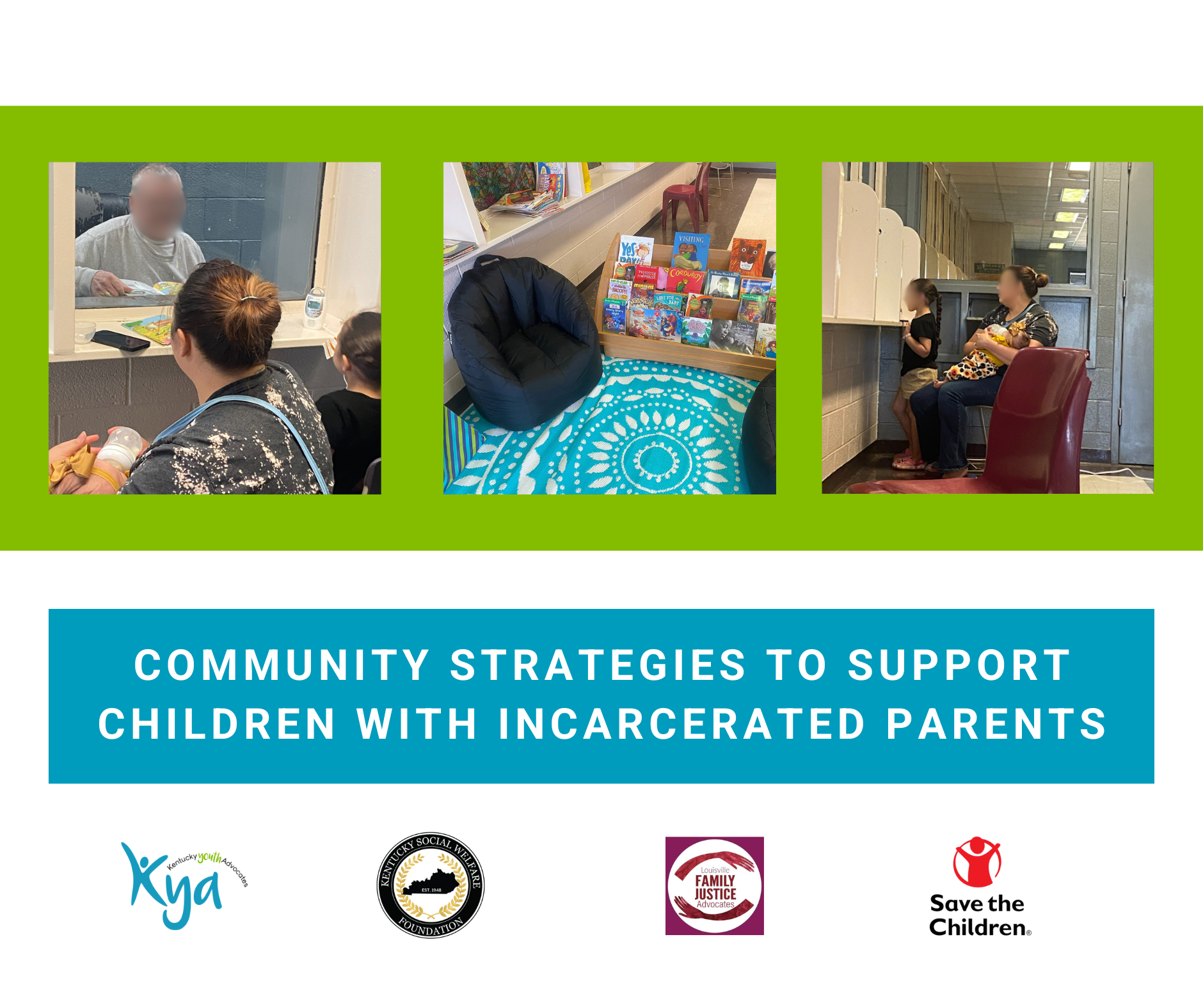By Melissa Collins, Child Welfare Intern at Kentucky Youth Advocates
 On Sunday, March 15th, my life as a college student was flipped upside down like so many of my fellow college students across the nation. At 12:48 PM, the President of my college informed the student body of the course of action being taken in the wake of the novel Coronavirus (Covid-19). All students were asked to pack up their belongings and depart from campus no later than Tuesday, March 17th.
On Sunday, March 15th, my life as a college student was flipped upside down like so many of my fellow college students across the nation. At 12:48 PM, the President of my college informed the student body of the course of action being taken in the wake of the novel Coronavirus (Covid-19). All students were asked to pack up their belongings and depart from campus no later than Tuesday, March 17th.
With less than two days to pack and say our goodbyes, the campus was struck with a sadness and sense of unease. The uncertainty of the weeks to come only exacerbated the difficult goodbyes that we tried so hard to avoid.
College students across the country faced similar experiences as a result of Covid-19 including the uncertainty of the remainder of the semester, displacement of the college experience, reintegrating back into their families’ homes while navigating online classes, and social isolation. If the public health concerns and economic downturn as a result of the pandemic weren’t enough added stress, the uncertainty and daily hurdles brought even more stress for displaced college students.
While Covid-19 has certainly impacted all college students, some students, however, have been impacted more so than others. As students were abruptly sent home as college and universities shut down, many were sent back to home environments not conducive for productive learning. Limited resources, such as access to technology and high-speed internet, as well as stressful domestic environments made the transition to online classes extremely difficult for some.
In addition, the lack of social interaction due to stay-at-home orders only compounded the situation as students were left without an outlet to escape and socialize for the sake of their mental health. While some of the impacts of Covid-19 have been felt immediately, there is also a question as to how this life-altering pandemic might impact students later in life.
When thinking about Adverse Childhood Experiences, otherwise known as ACEs, they are understood as the traumatic experiences that incite toxic stress on an individual. The constant flood of stress hormones, known as the fight-or-flight response, alters how an individual responds to stress and ultimately takes a toll on the individuals’ immune system over time. We come to recognize these effects in our physical and mental health both in the immediate and decades later. The CDC-Kaiser ACE Study shows that the more traumatic experiences an individual faces when growing up increases the likelihood for that individual to develop behavioral, physical, and mental health risks later in life. According to ACEs Connection, “childhood trauma leads to the adult onset of chronic diseases, depression and other mental illness, violence and being a victim of violence, as well as financial and social problems.”
As time goes on, stressful home environments, social isolation, and other stressors resulting from the pandemic might begin to take a toll on the long term health of current college students as a result of these traumatic experiences. Keeping ACEs in mind, how, then, should institutions and students alike move forward in the coming fall semester in the midst of such uncertainty?
As universities and colleges continue to strategize a plan of action for the coming semester, trauma-informed practices ought to be at the forefront of the decision-making process. Administrations must consider the experiences that their students may have endured these past few months and provide ample resources to help their students cope and adjust to this new reality. Students can also be a source of support for one another by reaching out to fellow peers. Whether it be an established student support group allowing individuals to talk through the impact of the pandemic or a simple text message to check-in with a classmate, peer connection is more important now than ever. Ultimately, the health and well-being of students during these unprecedented times must be the number one concern on campuses this fall in order for effective learning to take place.
As I look ahead to the coming semester, I am eager to return to the people and place that I hold dear in my heart. I look forward to seeing my peers, professors, and beautiful campus once again. However, our new reality, as a result of this pandemic, has unveiled the importance of caring for and supporting one another more deeply now than ever before as our futures certainly depend on it.
This post is part of the blog series, Intern Insights. Photo courtesy of Unsplash.






Leave A Comment